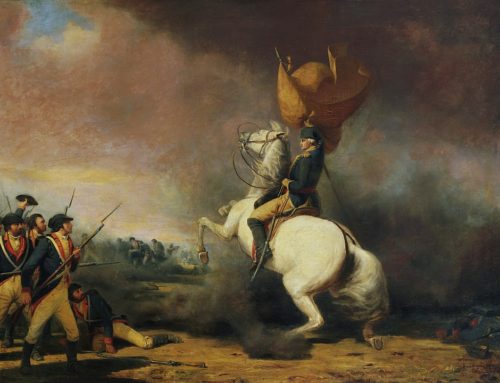In 1935, the American High Commissioner for German Refugees, James. G. McDonald, resigned from the League of Nations to protest German anti-Semitic policies. The league found itself in an awkward position with regard to the refugees fleeing Nazi Germany. Enjoying great status and having a strong say within the League of Nations, Germany could basically veto any action the League wished to take to assist German refugees. Despite the reluctance of the great Powers to place refugees from Germany under the protection of the League of Nations, some of the smaller powers urged the League to take firm action.
In order to protect Jewish rights the League Council appointed James G. McDonald as High Commissioner for German Refugees in 1933. The Council hoped that its selection of an American would not only help increase American involvement in the League and secure funds from American Jewish organizations, but also transcend European political divisions. McDonald had an extensive foreign affairs background, having served as Chairman of the Foreign Policy Association since 1919. He was driven by a strong belief that Christians had a special obligation toward Jews.
Mr. McDonald had to coordinate relief and resettlement efforts and negotiate with various governments’ ways to facilitate refugee travel and settlement. Mr. McDonald could not change the trend toward stricter immigration regulations, yet he managed to facilitate the placement of 80,000 refugees who had left Germany between 1933 and 1935. When in September 1935 the proclamation of the Nuremberg Laws caused even more refugees to flee Nazi Germany, it brought home to McDonald that Nazi policies had to be confronted directly. When he received resistance from higher authorities in the League of Nations he resigned. He decided to take a strong action against human rights violations in Germany, contending that they could not be possibly ignored as “domestic affairs.”
“When domestic policies threat the demoralization and exile of hundreds of thousand of human beings, considerations of diplomatic correctness must yield to those of common humanity. I should be recreant if I did not call attention to the actual situation, and plead that world opinion action though the League of Nations and its Member states and other countries, move to avert the existing and impending tragedies.”
Unfortunately, the strong media response which followed the publication of his resignation letter did not generate any direct intervention from the League, and thus his letter remained the one and only direct appeal of a League refugee advocate intent upon dealing with the root causes of the refugee situation.
In 1948, President Harry Truman appointed Mr. McDonald the first American Ambassador to Israel. Both the citizens of Israel and the Israeli Government esteemed Mr. McDonald. In a tribute to Mr. McDonald, a prominent street in Jerusalem is named for him.



